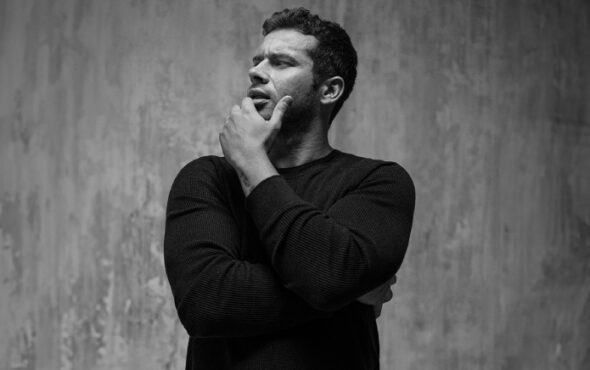
Italy’s ruling government is making it clear that it’s no ally to the LGBTQ community.
A new law that was passed in Italy’s Lower House will make it harder for LGBTQ people fleeing from anti-gay countries to take refuge in the country.
The house voted overwhelmingly, 396 to 99, for the motion that would accept people fleeing from war-stricken countries, but would reject those who are fleeing on a “humanitarian” basis.
The new law was championed by Italy’s Deputy Prime Minister and Minister of the Interior, Matteo Salvini. Salvini is also the Federal Secretary of the Lega Nord, one of the ruling parties in Italy’s centre-right coalition.
The party has shown itself to be anti-LGBTQ on some of its stances, with its Minister for Family, Lorenzo Fontana, stating earlier this year that gay families “don’t exist.”
As there is no nationwide recognition of same-sex couples who live together, shortly after his appointment as Minister for Family, Fontana said in an interview: “They don’t exist at the moment, as far as the law is concerned.”
Speaking to Reuters about the law, Salvini said: “I’m willing to host women and children who are escaping from war… But all the others, no. I don’t want to be seen as an idiot.”
Speaking to Gay Star News, Yuri Guaiana, the President of the Associazione Radicale Certi Diritti, a human rights organisation, said that the new law would make it “harder and harder” for LGBTQ refugees.
“Before, they could grant LGBTI refugees a two-year humanitarian permit that could be converted into a work permit,” he said. “Now, if they manage to get a permit, it will be a special permit of one year only not convertible into a work permit.
“This will have to be submitted each year to an assessment of the commission stating that the reasons for which they were granted the permit in the first place persist, otherwise they will be sent back to the country of origin. Therefore, the permit will always be provisional.”
Guaiana added that the government was drawing up a list of “safe” countries, and he shared his fears that some of the countries that the government decides will be safe might actually be hostile toward the LGBTQ community.



